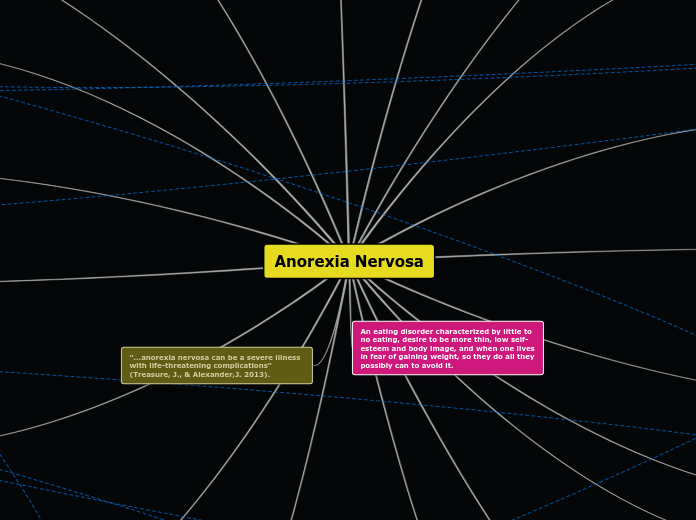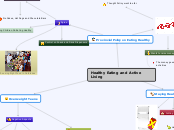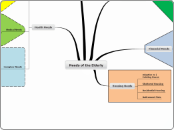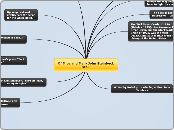по Emily Chilton 5 лет назад
278
Anorexia Nervosa
The text discusses various factors contributing to anorexia nervosa, emphasizing the significant social and psychological influences. Excessive exercise and strict dieting are common behaviors among individuals with this condition, driven by an intense fear of gaining weight and a distorted body image.









